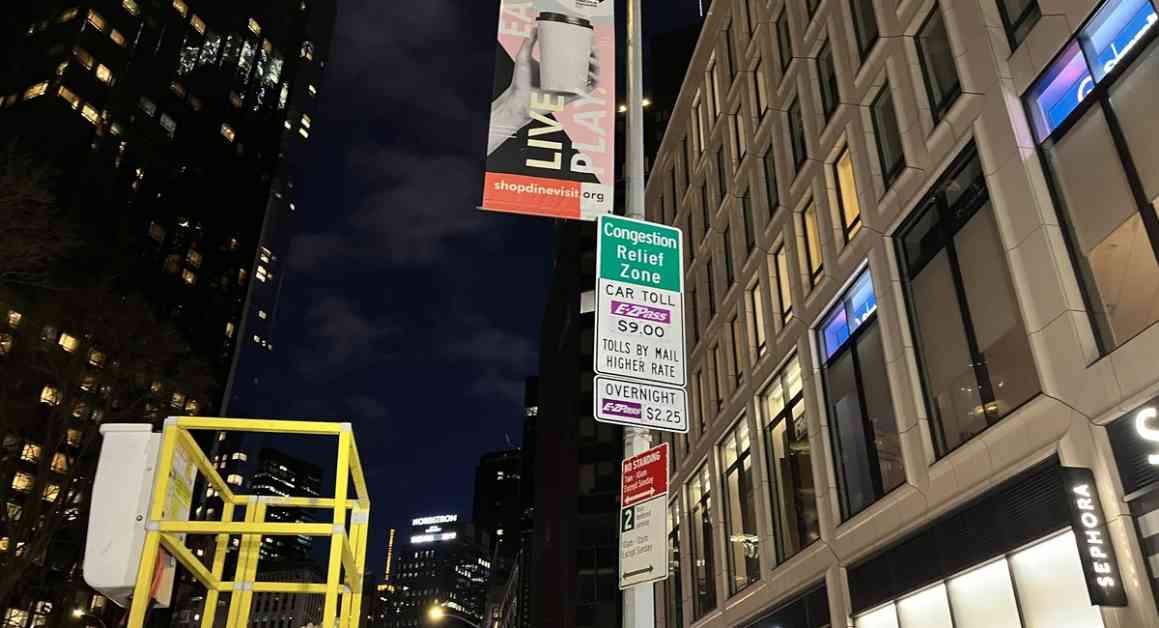Court Rejects NJ’s Attempt to Block Manhattan Congestion Pricing
A federal court has dismissed New Jersey’s last-minute efforts to halt the implementation of congestion pricing in Manhattan. The tolls to enter Manhattan below 60th Street are set to begin tomorrow, marking a significant development in the ongoing legal battle over this controversial program.
Legal Battle Over Congestion Pricing
The Third Circuit U.S. Court of Appeals swiftly denied New Jersey’s request for a restraining order on Saturday, just hours after U.S. Senior Judge Leo Gordon clarified his previous ruling and rejected New Jersey’s attempt to postpone the tolls. Despite the court’s acknowledgment that the program’s approval was legally questionable and disadvantaged New Jersey residents, the tolls are set to go into effect as planned.
Natalie Hamilton, a spokesperson for New Jersey Gov. Phil Murphy, expressed disappointment at the court’s decision, emphasizing that the state will continue to oppose what they view as an unfair and unpopular scheme. The statement did not outline New Jersey’s next steps in response to the ruling.
Impact of Congestion Pricing
Under the congestion pricing program, passenger vehicles equipped with E-ZPass will be charged $9 to enter Manhattan below 60th Street between specific hours on weekdays and weekends. Commercial vehicles will face higher tolls, while motorcycles will pay less. The initiative is anticipated to generate approximately $500 million annually for MTA infrastructure enhancements.
Judge Gordon previously ruled that more information was required from the MTA and the Federal Highway Administration regarding pollution and traffic mitigation strategies in New Jersey. Despite this, the court rejected New Jersey’s argument that the tolls should be delayed until these concerns were addressed.
Public Reaction and Future Outlook
MTA Chair Janno Lieber defended the implementation of congestion pricing as a vital step towards addressing environmental and traffic challenges in the city. Representative Jerry Nadler highlighted the eventual popularity of similar programs in other cities, suggesting that public opinion may shift in favor of congestion pricing over time.
As the program moves forward, the MTA and Federal Highway Administration are expected to provide additional information on pollution mitigation by February. With the upcoming change in presidential administration, the future of congestion pricing remains uncertain, with opponents hoping for a reversal of the program.
In conclusion, despite legal challenges and ongoing opposition, congestion pricing in Manhattan is poised to become a reality, reshaping transportation dynamics and generating crucial funding for infrastructure improvements. The court’s decision underscores the complex interplay between legal considerations, environmental concerns, and public policy in implementing such initiatives.












